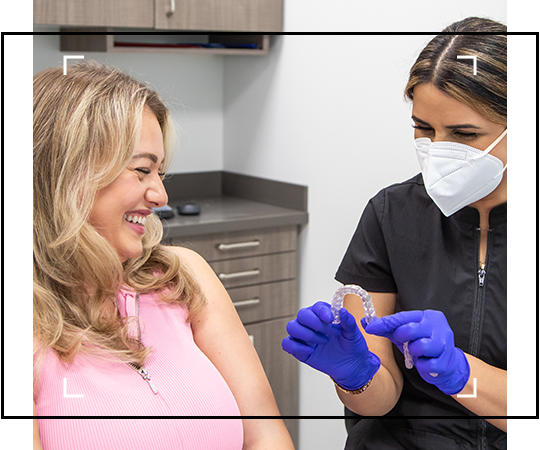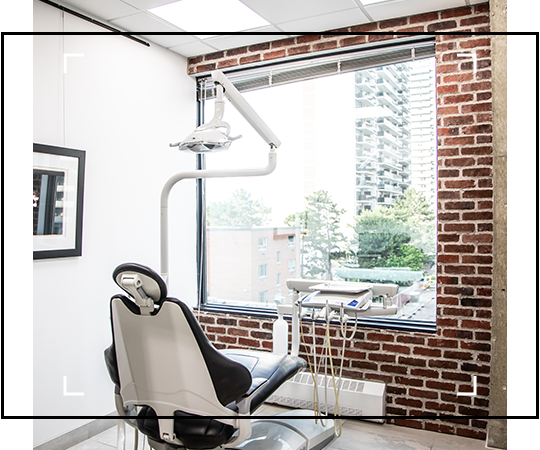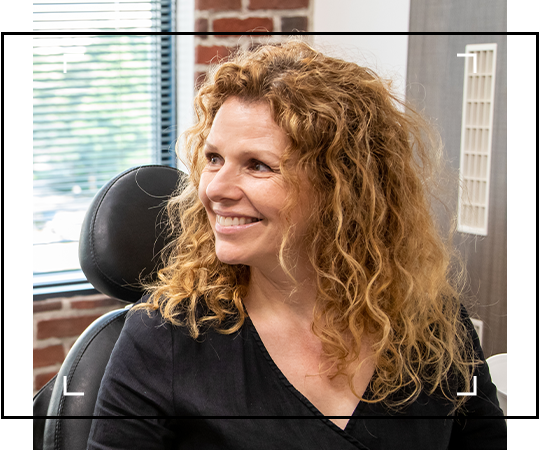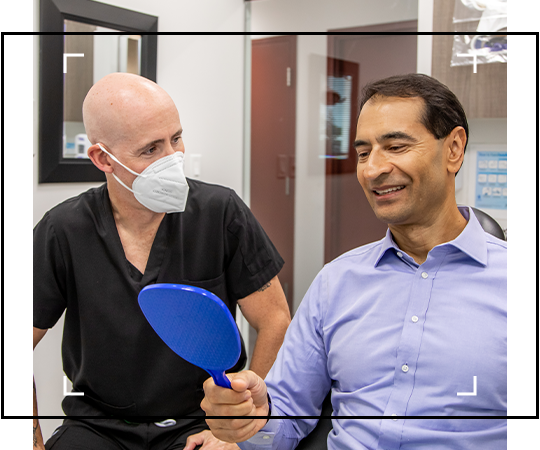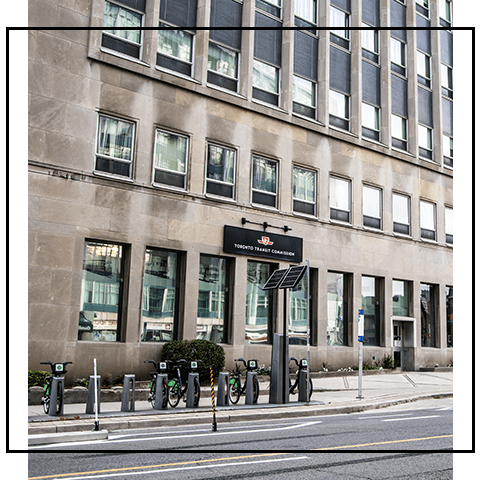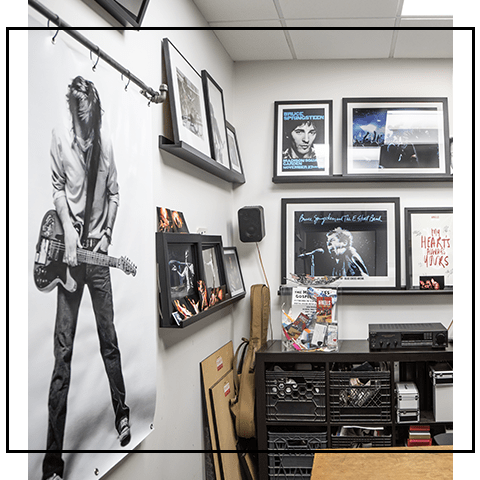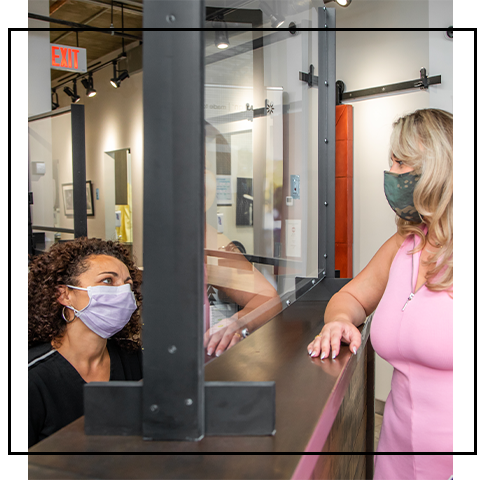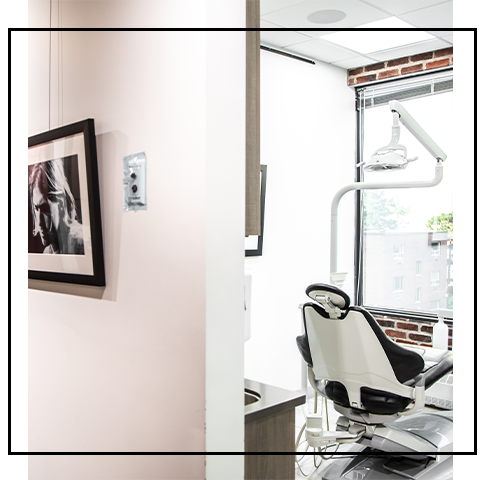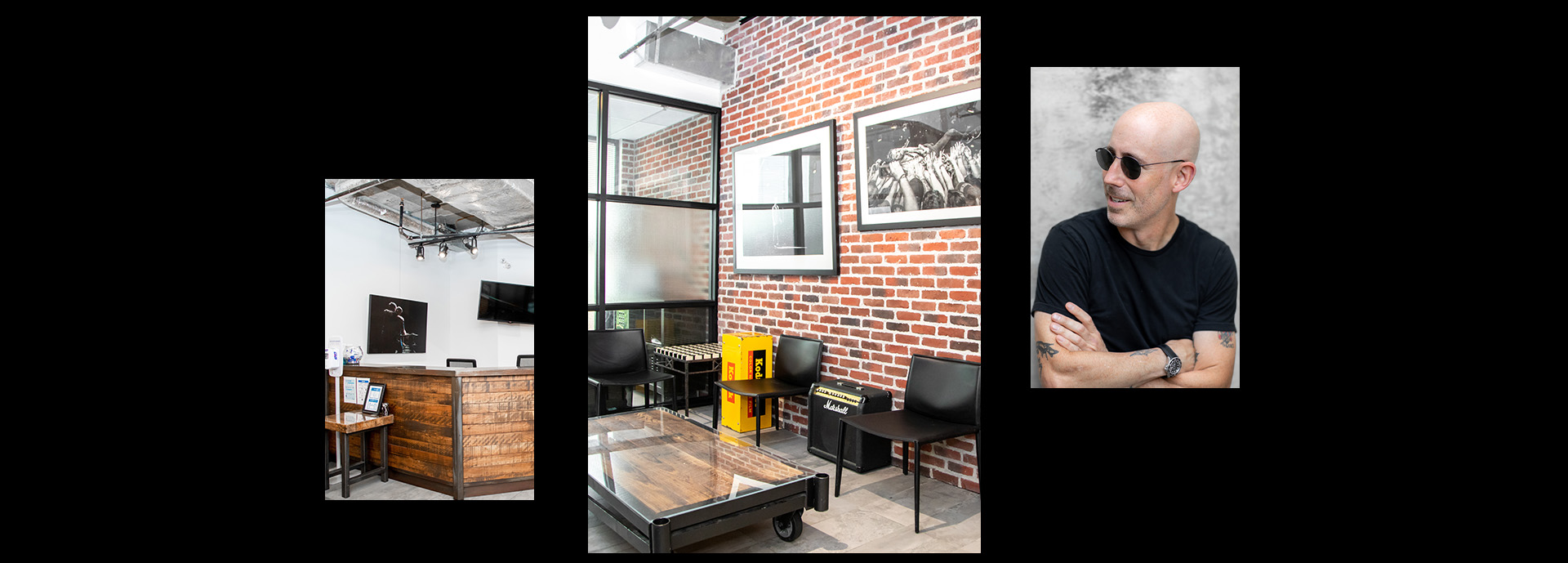
Transforming Smiles,
Enhancing Wellness
At Belman Dental Centre, we’re all about your total wellness. We care about everything from the look of your smile to how your oral health impacts your daily life.
We take a comprehensive approach, considering your overall health in every decision. Our team of caring and knowledgeable professionals is dedicated to finding solutions that help you feel comfortable and confident.
Discover Your Dream Smile
Our mission is simple: We want you to love your smile. Whether you’re dealing with coffee stains, TMJ discomfort, or a lost tooth, we have multiple treatments to help make your dream smile a reality. From brighter teeth to restored function
Our priority is improving your overall health.
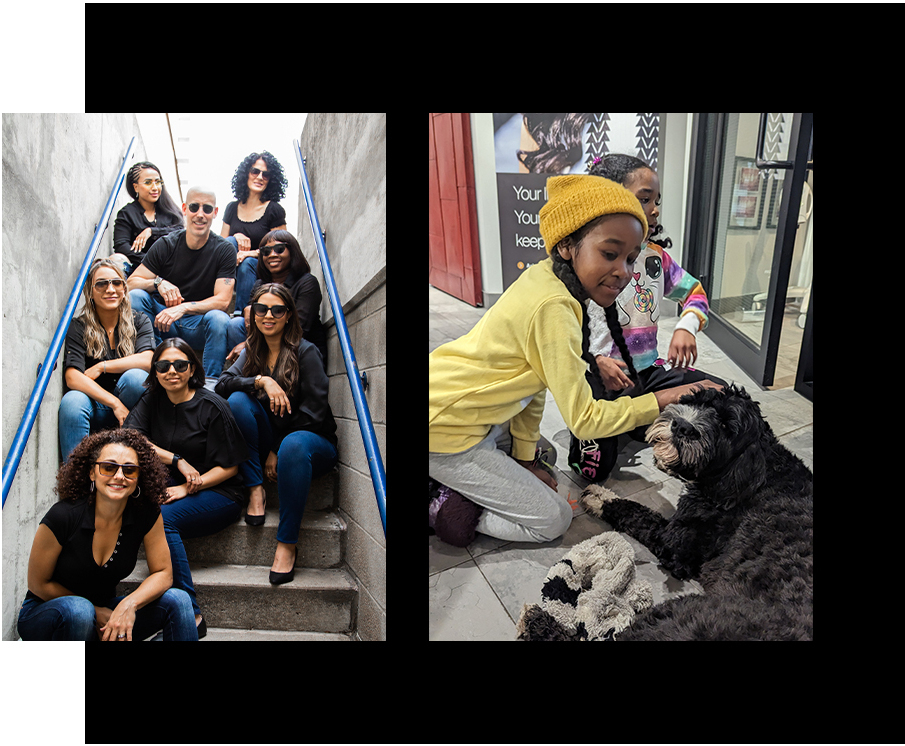
Visit Our Location
Find our building on the corner of Yonge Street and Balliol Street, steps from Davisville TTC station. Parking is available at TargetPark on Davisville Ave or across from Davisville Centre on Yonge Street.
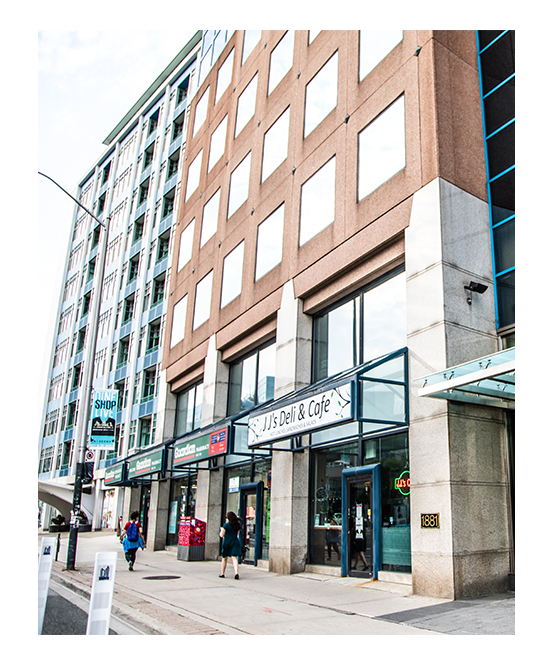
Our Address
- 1881 Yonge St., Suite 403
- Toronto, ON M4S 3C4
Contact Information
- Phone: 416-486-1136
- Email: [email protected]
Our Hours
- Monday: 8:00 AM – 7:00 PM
- Tuesday: 8:00 AM – 5:00 PM
- Wednesday: 8:00 AM – 5:00 PM
- Thursday: 8:00 AM – 5:00 PM
- Friday: 8:00 AM – 2:00 PM
- Saturday: Closed
- Sunday: Closed



